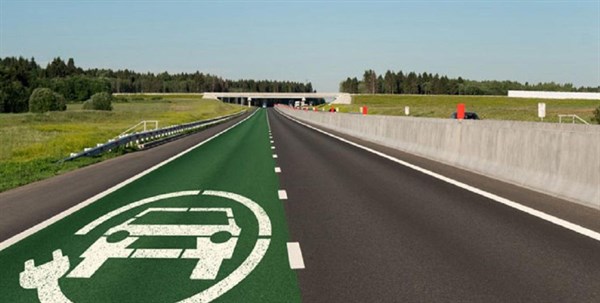
Roads play a crucial role in transporting people and goods, but they are also a significant source of carbon emissions. Faced with this challenge, highway companies are looking for solutions to optimize the use of roads while minimizing their environmental impact. Vinci Autoroutes stands out for its ambitious project on the A10 motorway: experimenting with dynamic charging for electric heavy goods vehicles.
This pioneering project envisages the use of two complementary technologies: induction and conductive rail. Induction, already implemented in various locations around the world, including the United States, Sweden, Germany, Italy and Israel, enables contactless charging, while conductive rail offers a promising alternative solution. In France, Vinci's initiative is to test these technologies on a section of the A10, marking a world first for a motorway, with previous experiments mainly in urban areas. The chosen site, near the Saint-Arnoult-en-Yvelines toll gate, will see the installation of two kilometers dedicated to each technology, with tests planned for 2025.
The consortium leading this project is led by Vinci Autoroutes and includes Vinci Construction, Gustave Eiffel University, Electreon, Hutchinson and Elonroad, with the support of Cerema. The funding, amounting to 26 million euros, is supported by the State as part of the France 2030 plan.
The long-term goal is to extend this technology to a variety of electric vehicles, including coaches and utility vehicles, and eventually passenger cars. Dynamic charging could revolutionize the industry by enabling the use of smaller and more economical batteries, in line with forecasts from the Ministry of Transport which envisages 500 km of electric roads by 2030, and a significant expansion by 2035.
Currently, the fleet of electric heavy goods vehicles in France is limited, but the anticipation of a rapid increase in the years to come is driven by regulatory requirements to reduce CO2 emissions. Vinci Autoroutes, through the voice of Pierre Delaigue, underlines the importance of this technology for the future of sustainable mobility, by reducing not only financial costs but also the environmental impact linked to the production and recycling of batteries.